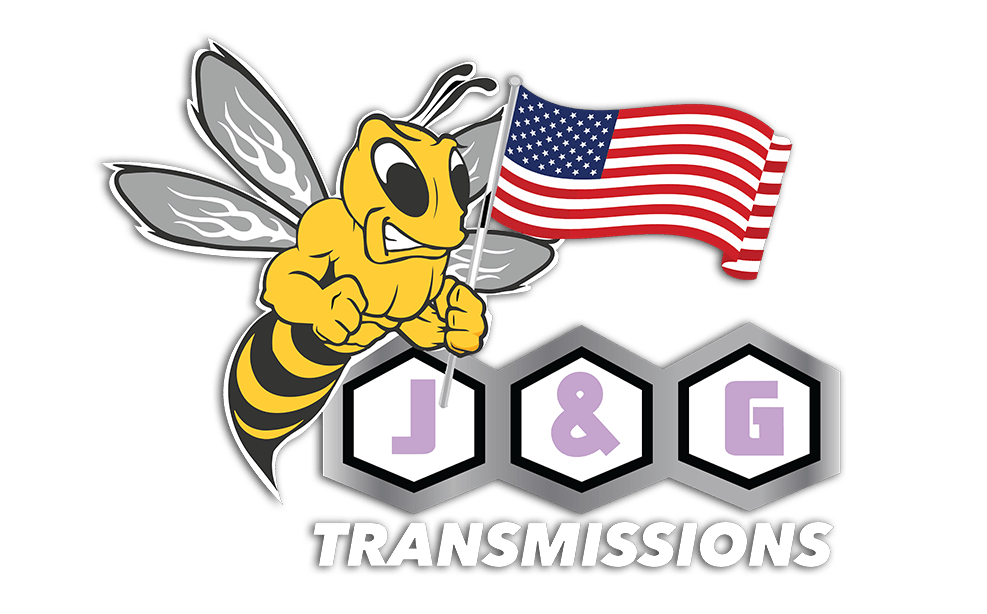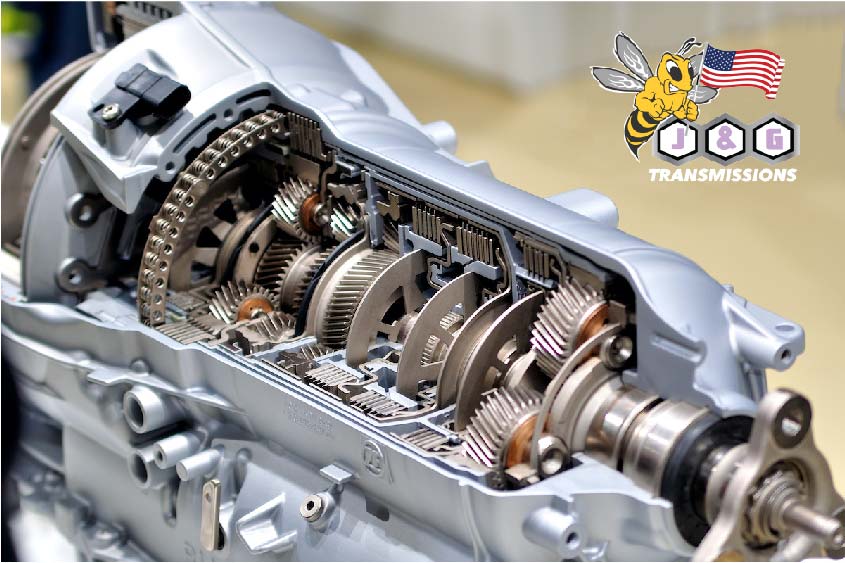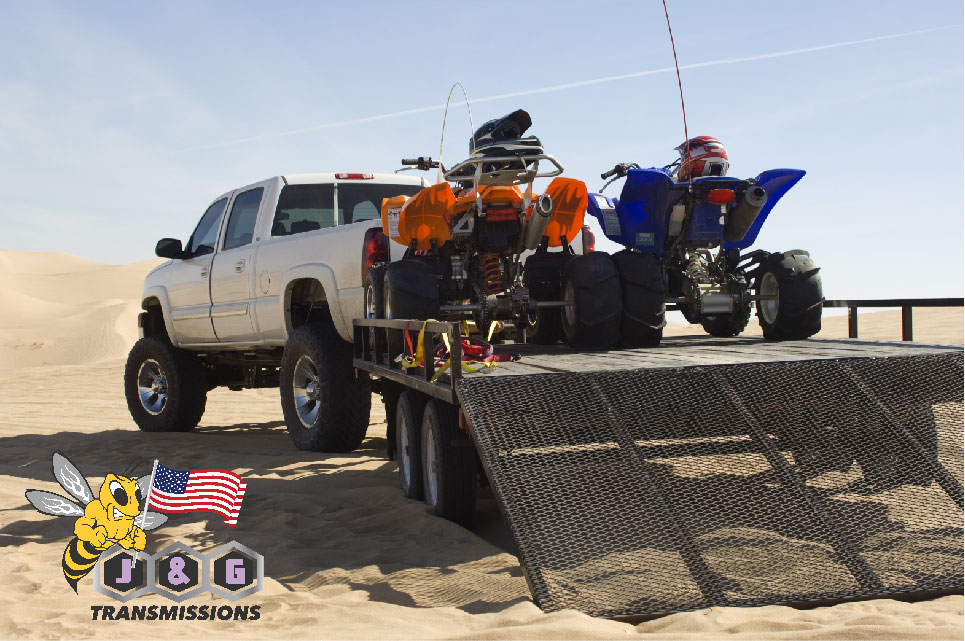Transmission problems can be a source of stress and confusion for many vehicle owners. When it comes to transmission repair, it’s natural to have questions. To help you better understand this critical component of your vehicle, we’ve compiled a list of frequently asked questions about transmission repair, along with detailed answers.
1. What are the common signs of transmission problems?
Common signs include slipping gears, rough or delayed shifting, strange noises (like grinding or whining), a burning smell, and warning lights on your dashboard.
2. How often should I service my transmission?
Regular transmission maintenance is crucial. Manufacturers often recommend servicing every 30,000 to 60,000 miles. Check your vehicle’s manual for specific intervals.
3. What is transmission fluid, and why is it important?
Transmission fluid lubricates and cools the transmission. It’s crucial for proper function. Low or dirty fluid can lead to damage. Ensure it’s at the correct level and clean.
4. Can I check my transmission fluid level myself?
Yes, you can, but it can be tricky. Consult your owner’s manual for instructions. Some vehicles require the engine to be running while checking, while others don’t. We can always assist you with this.
5. How much does transmission repair cost?
The cost varies widely depending on the issue, type of vehicle, and labor rates in your area. Minor repairs can cost a few hundred dollars, while major overhauls can cost several thousand dollars.
6. Is it better to repair or replace a damaged transmission?
It depends on the extent of the damage. Minor issues like a faulty solenoid or sensor may be repaired, while major internal damage often necessitates a replacement or rebuild. Contact J & G Transmissions for an honest opinion.
7. What is a transmission rebuild?
A transmission rebuild involves disassembling the transmission, replacing worn or damaged parts, and reassembling it to factory specifications. It’s often a cost-effective option compared to a full replacement. “Updating” the transmission uses more durable components and updated part designs to reduce future transmission problems.
8. How long does transmission repair take?
The time needed varies but typically ranges from one day to a week. Complex repairs or ordering specialized parts may extend the duration.
9. Can I drive with a slipping transmission?
Continuing to drive with a slipping transmission can cause further damage. It’s best to have it inspected and repaired promptly.
10. Is it possible to prevent transmission problems?
Regular maintenance, such as fluid flushing, changes, and inspections, can extend your transmission’s lifespan. Avoiding aggressive driving and towing beyond your vehicle’s capacity also helps.
11. Are there any DIY transmission repairs I can do?
Simple tasks like changing transmission fluid and filters can be done by DIY enthusiasts. However, major repairs and diagnostics should be left to professionals. If you find metal shavings inside your transmission when servicing it yourself, have it inspected by a professional.
12. How do I choose a reliable transmission repair shop?
Look for shops with experienced technicians, positive reviews, and proper certifications. Don’t hesitate to ask for references and estimates before committing. Find a shop that offers updates to your old transmission design.
13. Are transmission repairs covered by warranties?
New vehicles often come with a manufacturer’s warranty covering the transmission. Some repair shops also offer warranties on their work. Always clarify warranty terms. You typically get what you pay for when it comes to warranties.
14. Can transmission repair affect my vehicle’s fuel efficiency?
Yes, a well-maintained transmission can improve fuel efficiency. A poorly functioning transmission can cause your engine to work harder and consume more fuel.
In conclusion, understanding transmission repair is crucial for every vehicle owner. Regular maintenance, prompt attention to issues, and finding a reputable repair shop are keys to keeping your transmission running smoothly. If you ever encounter transmission problems, don’t hesitate to seek professional help to ensure your vehicle’s safety and longevity.
Still have a question about transmission repair or need transmission repair? Contact J & G Transmissions www.jandgtransmissions.com. Check us out on Facebook at: https://www.facebook.com/JandGTransmissions
Month: September 2023
Towing a Trailer? Read This First
Towing a trailer may sound like a piece of cake – but there is more to it than that. If you want to tow it safely, here are some things you need to know.
Before picking up a trailer, be sure that your vehicle has the capacity to safely pull it.
Always check the trailer to be sure that it is roadworthy. Be sure that the wires are hooked up correctly. Check the tail lights, brake lights, and the turn signals. Replace any burned-out bulbs.
Make sure that the trailer is firmly attached to the hitch, and ensure that the trailer stand is raised enough for good clearance. Check for dragging chains and raise them if necessary.
Know the height of the trailer so you don’t take the top off by hitting a low bridge or a canopy at a fast food restaurant.
On the Road
Vehicles with trailers may need to follow special rules. One of them is that you may need to stay in the right-hand lane on the highway.
It takes longer to slow down when towing a trailer, especially downhill. Keep a greater distance between you and the vehicle in front and watch your speed.
If your vehicle is running hot, take a break and let it cool, or slow down going up those canyons.
Know that a trailer won’t always follow directly behind you when making a tight turn.
Backing Up
Check for objects, vehicles, or people behind you before backing up. Larger mirrors are highly recommended.
Do not let the trailer be at less than 90 degrees in relation to your vehicle when backing up. This leads to a jack-knife situation.
BW Trailer Hitches did a great video on how to back up a trailer. Here is the link: https://www.youtube.com/watch?v=vVVEl917UOU
If you live in the Murray, UT area, we would like to ensure your truck or SUV is ready for towing. Let us help you get it ready at J & G Transmissions. Visit our homepage at https://jandgtransmissions.com/ or call us today for more information at (801) 262-2321.


